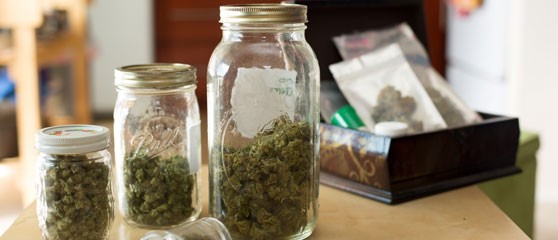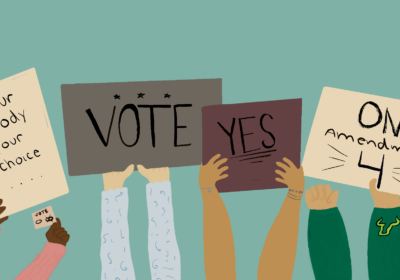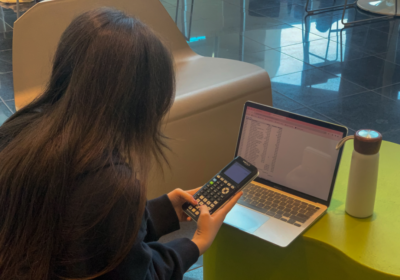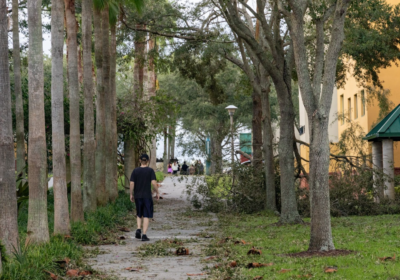OPINION: It’s time to let Floridians ‘roll up’ to the polls

Make It Legal Florida, the official campaign for an adult-use cannabis amendment, made an attempt to get a marijuana legalization initiative on the 2022 ballot, but it was blocked by the Florida Supreme Court on April 22, 2021.
The measure would’ve added a section to the Florida Constitution that legalized the personal possession, use and purchase of 2.5 ounces of marijuana. It also would’ve allowed Medical Marijuana Treatment Centers to sell it for recreational use to adults 21 years or older, according to Ballotpedia.
Blocking this initiative enables racially profiled arrests and allows Florida to continue to incarcerate people for a drug that has health benefits. It should be put on the November ballot for this year, where Florida citizens can decide what they want for themselves.
Five of the seven justices ruled against its presence on the ballot due to its unconstitutional and misleading summary, nullifying the 556,049 signatures garnered by that day, as recorded by the Division Elections Website.
There are plenty of health benefits, both physical and mental, that come from using weed.
Studies have shown that cannabis can lower blood pressure, reduce inflammation and can even prevent relapse in drug and alcohol addiction, according to a 2021 report by Johnson and Wales University.
It also alleviates symptoms of anxiety, PTSD and other mental health issues. About 4% of adults in Florida have recorded mental health issues, according to a 2022 report by the World Population Review. That’s about 880,000 Floridians that could be benefiting from recreational use of cannabis.
People will use weed anyway, and be consequently arrested for it, which enables a racist system.
Nationwide, Black people are almost four times more likely than white people to be arrested for possession despite similar usage rates, according to a 2020 report by the American Civil Liberties Union (ACLU).
This disparity ranged anywhere from it being 1.5 times more prevalent to 9.6 times per state.
Florida was the only state that refused to send data to the ACLU, which raises suspicion. All other 49 states sent in data that, when reviewed, showed a higher arrest rate for Black people for the same crimes.
Keeping weed illegal also pushes people to turn to questionable means of obtaining it. Unethical drug dealers take advantage of this and cut their weed with substances like heroin, cocaine, ketamine or LSD to stretch their supply, according to the American Addiction Centers.
It takes less to produce a high with psychoactives like these, making it a cheaper option to make their supply last longer. This bulks up the product to get a larger profit, and masks low quality weed by enhancing its psychoactive effects.
Practices like these can make a deadly combination of drugs or get people hooked. It could also subject them to illnesses and other effects such as hallucinations, vomiting and insomnia.
Legalizing marijuana requires specific regulations regarding the quality of the substance that’s marketed under the law, which makes buying laced weed far less likely to occur since they won’t turn to an illicit source.
Prohibiting Floridians from deciding whether or not they want to vote on something is what’s truly unconstitutional here, not the initiative’s summary.






